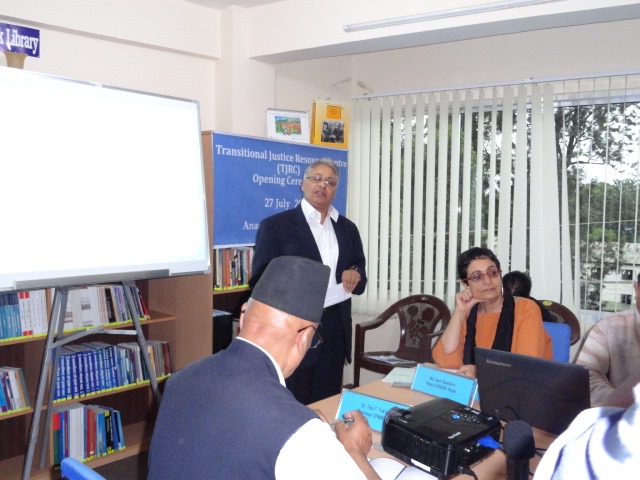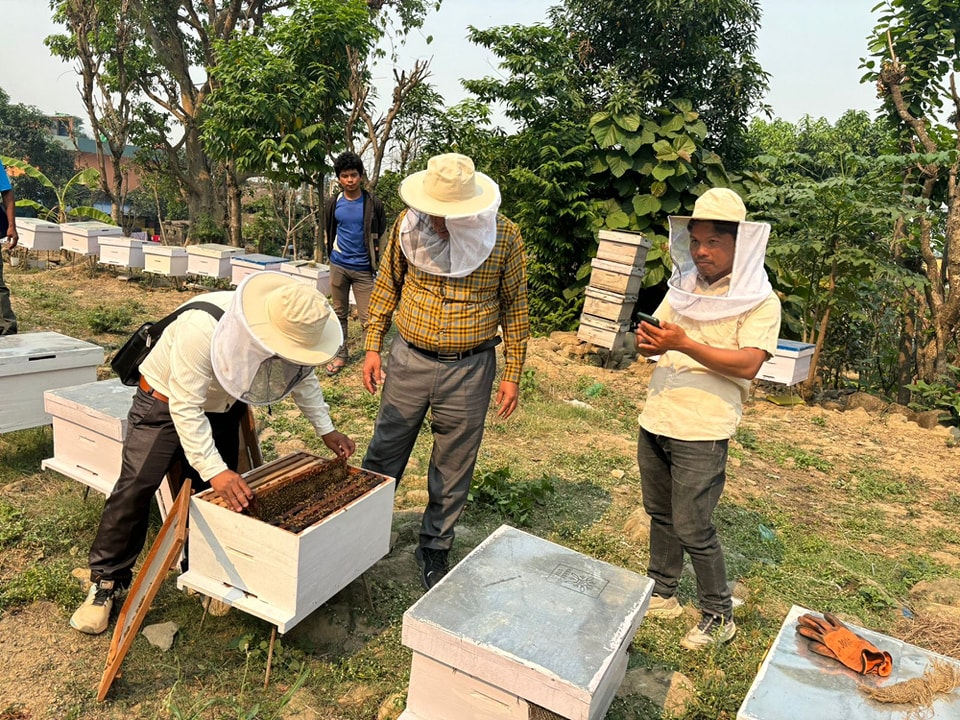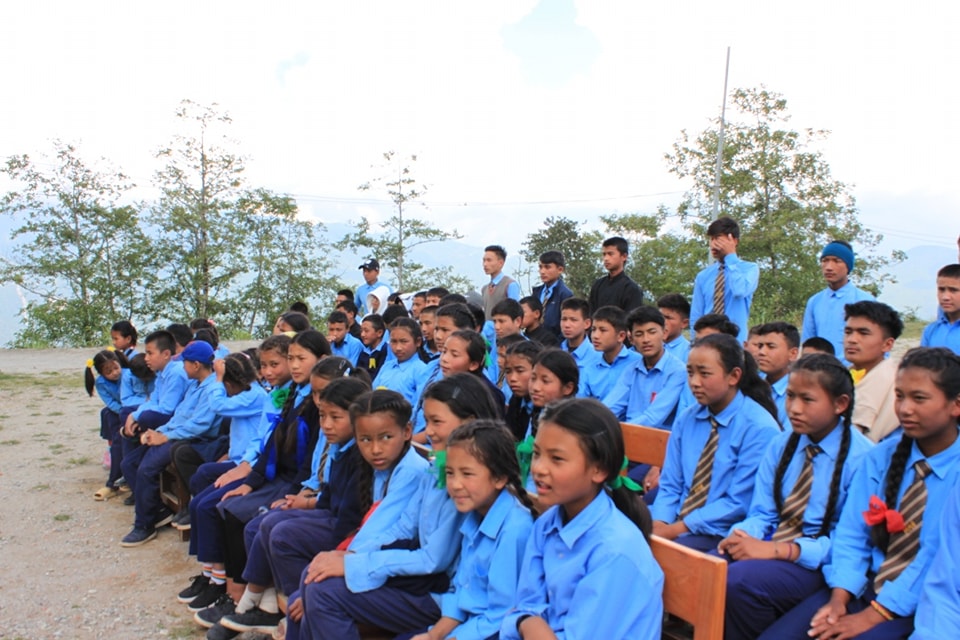Jun 12, 2024

Human rights advocacy upholds moral principles and norms that define standards of human behavior, safeguarded as legal rights both domestically and internationally. The Universal Declaration of Human Rights, declared by the United Nations General Assembly on December 10, 1948, is a foundational document acknowledging these rights. In Nepal, the Interim Constitution's Article 2 includes a comprehensive Bill of Rights, integrating rights and liberties outlined in international human rights treaties ratified by Nepal.
This Bill encompasses political, civil, economic, social, and cultural rights, with special emphasis on the rights of women, children, and the disabled. It guarantees freedoms such as freedom from torture, freedom of assembly and association, freedom of worship, and freedom of expression and media.
However, women and girls, as a historically marginalized and politically excluded group in Nepal, face significant challenges in enjoying their rights. Despite their notable contributions to political movements, their participation in politics and public discourse remains limited. The majority lack opportunities to establish or belong to political parties, engage in public affairs and services, or exercise their right to vote or run for office.
A recent survey revealed that only 30% of Nepalese possess a basic understanding of democracy, with 50% unable to identify any democratic characteristics. This knowledge gap is particularly pronounced among marginalized women and girls in rural areas, perpetuating gender disparities exacerbated by patriarchal societal norms, discriminatory laws, and social deprivations.
Political empowerment is crucial for women's and girls' empowerment, necessitating their active participation in formal politics. Yet, their representation in politics, even in reserved seats, is declining, further exacerbated by factors like low literacy rates (at 45%, the lowest in South Asia).
In light of these challenges, human rights defenders, including women human rights defenders, defenders of LGBTI rights, journalists, trade unionists, environmental activists, children's rights advocates, and defenders of indigenous peoples' rights, play a vital role in safeguarding and promoting human rights and democracy.
However, these defenders face increasing threats and violations to their rights and personal security, ranging from executions, torture, and death threats to arbitrary arrests and unlawful detention. Such violations stem not only from state actors but also from non-state actors, often operating with impunity.
World Vision Advocacy Forum (WVAF) aims to collaborate with authorities, partners, and Nepalese communities to address the root causes of conflicts and facilitate sustainable solutions for an inclusive and transformed society living in peace and dignity. WVAF also seeks to educate the populace on basic human rights as outlined in the constitution of Nepal and the Universal Declaration of Human Rights, fostering awareness through education and advocacy initiatives.



